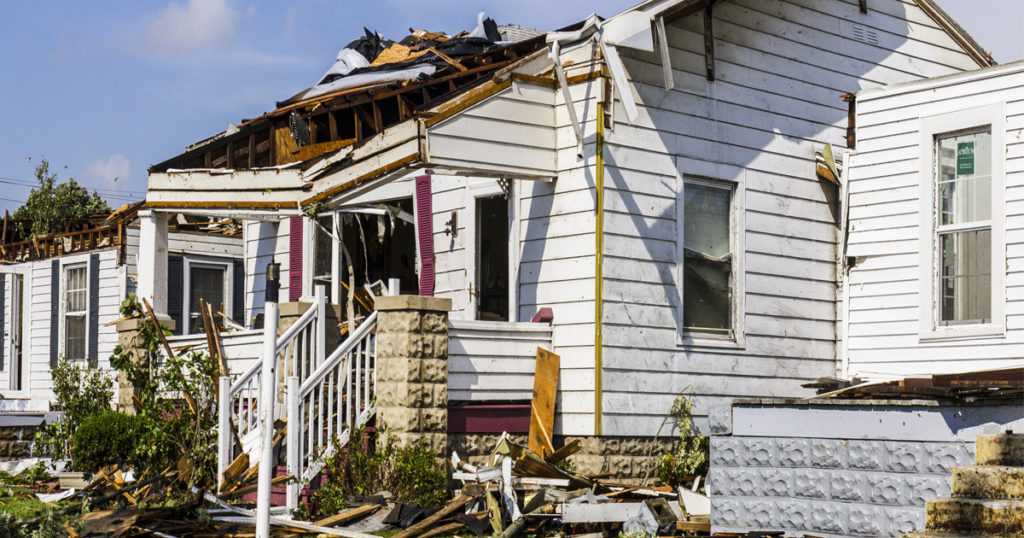Property Damage can happen to any property, whether a house, car, or business. If the Damage is more than cosmetic, the victim may need to go through a Legal process to deal with the damage. This process can vary on the Jurisdiction and the type of Property damage.
Most Jurisdictions have laws that cover specific types of property damage. For example, many jurisdictions have laws that cover physical damage to a home or car. These laws often include provisions for how long repairs must be made, who is responsible for making the repairs, and what kind of compensation a victim may receive.
In some cases, Property Damage may not be covered by any specific law. Victims may need to pursue claims through their insurance company or civil courts in these cases.
The Property Damage Claims Process:
Are you in need of legal assistance after the property damage claim Process? If so, schedule a consultation with an experienced Personal injury lawyer. The Law process to deal with Property Damage claims can be complicated, but with the help of an Attorney, you can get through it successfully.
Gathering as much evidence to support your case when filing a property damage claim is vital. This includes photographs or videos of the Damaged property, receipts for any expenses you incurred due to the damage, and any eyewitness accounts of the incident.
Once you have gathered your evidence, you should begin preparing your Lawsuit. This includes researching applicable law and filing formal pleadings with the court. Hiring an attorney to help with this process may also be helpful.
How to Prove Liability in A Property Damage Case?
If you are involved in a Property Damage accident, knowing how to prove liability is essential. This can be complicated if the other party does not admit fault, but with the proper evidence, it can be done. Here are some tips for How to prove liability in a Property Damage case:
Get proof of the accident: This may include eyewitnesses, footage from security cameras or any other records that show what happened.
Look for signs of negligence: Was the other party driving recklessly? Was their vehicle damaged in an apparent attempt to avoid the crash? These signs will indicate whether or not the other party was at fault.
Talk to experts about damages: If you cannot determine who is at fault, speak to an insurance expert who can help estimate damages and determine whether you have a valid claim.
Types of Property Damage: What is the different types of property damage:
Many different types of property damage can occur. Some common examples include physical damage to objects, such as broken windows or theft, and emotional damage caused by bullying or vandalism. Understanding the different types of property damage can help you seek compensation if you’re affected by it.
Storms, accidents, or intentional acts can cause physical damage to objects. Broken windows may be the most common type of physical damage, but other types include fires and floods. Physical damage to objects often requires professional repair to restore the object to its original condition.
Emotional damage can also occur when objects are damaged or stolen. This damage often doesn’t require professional repair but can result in decreased property values and mental anguish for the victim.
What Is the Punishment for Damaging Property?
Section 1: What is the punishment for Damaging Property? There are some punishments that can be given out to those who Damage Property. These penalties can include fines, community service, and even imprisonment. The extent of the punishment will be determined by the severity and nature of the damage done.
Section 2: What Examples of Damage could lead to criminal charges? There are several examples of Damage that could lead to criminal charges. This includes intentionally Damaging Someone’s Property, vandalizing public Property, and assaulting someone while carrying out their duties.
Section 3: How does the Prosecutor decide whether or not to charge someone with damaging property? The Prosecutor will consider some factors when deciding whether or not to charge someone with Damaging Property.
Factors to Consider When Handling Property Damage:
When the Property is Damaged, the owner or tenant has several responsibilities to consider:
The owner should assess the extent of Damage and take steps to prevent further Damage.
The owner should notify the tenant of the Damage and ensure they know their obligations.
The owner should seek appropriate compensation for the damage.
Each step is vital to Prevent further complications and ensure a smooth resolution.
Assessment: It is vital to assess the extent of damage as quickly to prevent further damage from occurring. This includes checking for smoke, and heat, and checking for structural damages. Here are some Factors to consider when handling Property damage.
Notification: The owner must Notify tenants immediately if there is any Law process to deal with property damage so that they can take necessary precautions.
Compensation for Damages to Property:
Compensation for damages to property is a common occurrence in any legal system. Various incidents, including natural disasters and accidents, can cause property damage. In most cases, the injured party will likely seek compensation for any losses sustained due to the damage.
The amount of compensation awarded will depend on a number of factors, including the nature of the damage, the extent to which it was caused by negligence on the part of the other party, and any economic losses incurred as a result. In many cases, compensation may also include restitution or repair costs.

